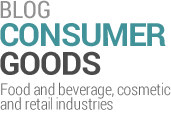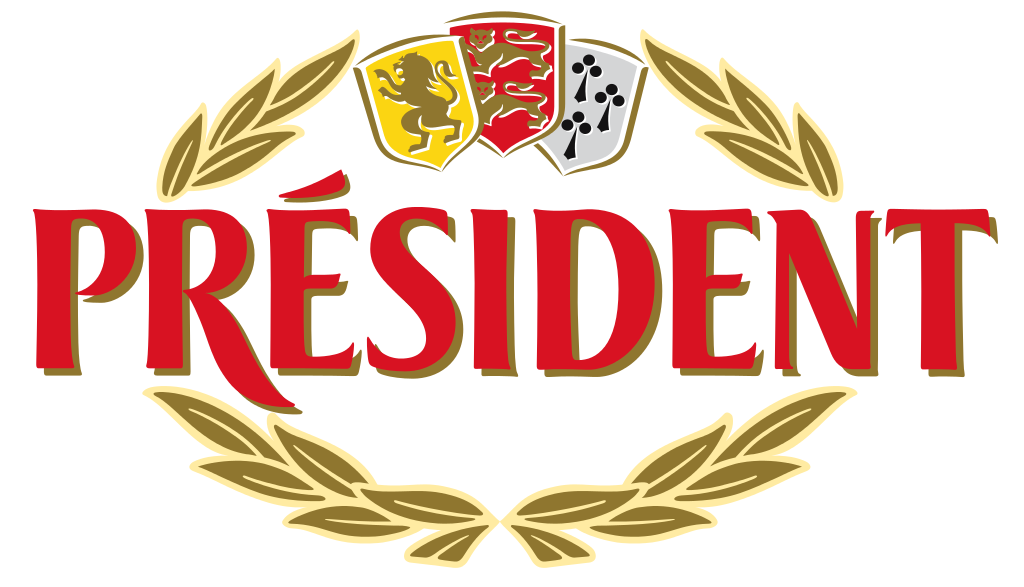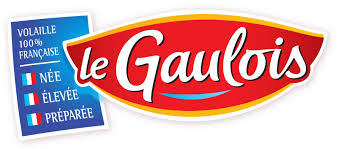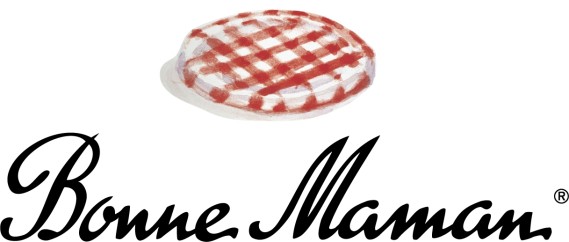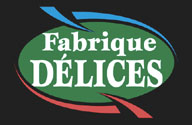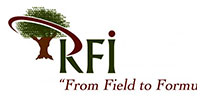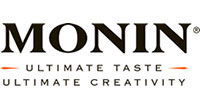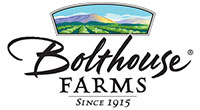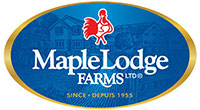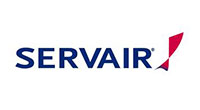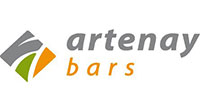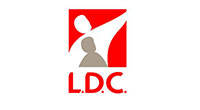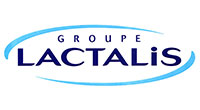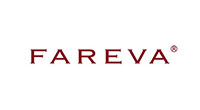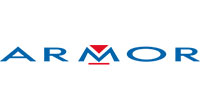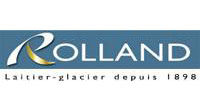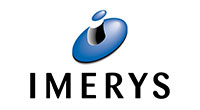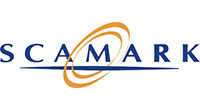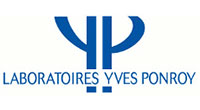The following are few of the questions that professionals in the food industry or food service may ask when they do not have a PLM:

- How to create a new recipe from an existing one?
- How to generate ingredients lists in many languages?
- How to track my products (including biological and geographical origins)?
- How to be sure my labeling complies with current regulations (USDA, FDA, INCO)
- How to better adapt to new regulations?
- How to benefit from a global vision of my projects?
- How to ease collaboration with my suppliers?
- How to automatically calculate costs and risks while developing a new recipe?
- How to generate versions?
- What is the point of gathering information?
These questions are best answered by the use of a food PLM.
A PLM suite:
PLM in the food industry – Facilitates NPD
It is easier for large food companies and their teams to develop new products, by developing a new recipe from an existing one through template use, and also to immediately know if costs and risks match the new products requirements.
PLM in the food industry- Facilitates labeling
Labeling is automatically generated from the formulation tool in as many languages as defined initially. Ingredient lists, nutritional values and other labeling requirements are easily checked by R&D and quality teams (FDA, USDA, INCO). Marketing is also able to generate a print proof and share it with external printers though the PLM, speeding up the packaging development process.
PLM in the food industry – Facilitates traceability
To ensure product quality, regulatory compliance and traceability, R&D teams need to manage, monitor and maintain a large amount of data. Products and versions are stored in a single repository, creating a single version of the truth. Quality teams are able to track any raw material, semi-finished or finished product. This feature is particularly useful in case of audit and recalls.
PLM in the food industry- Facilitates awareness of financial, brand image and regulatory risks
Having a global and strategic view is important to better manage potential financial, brand image or regulatory risks related to the product management.
